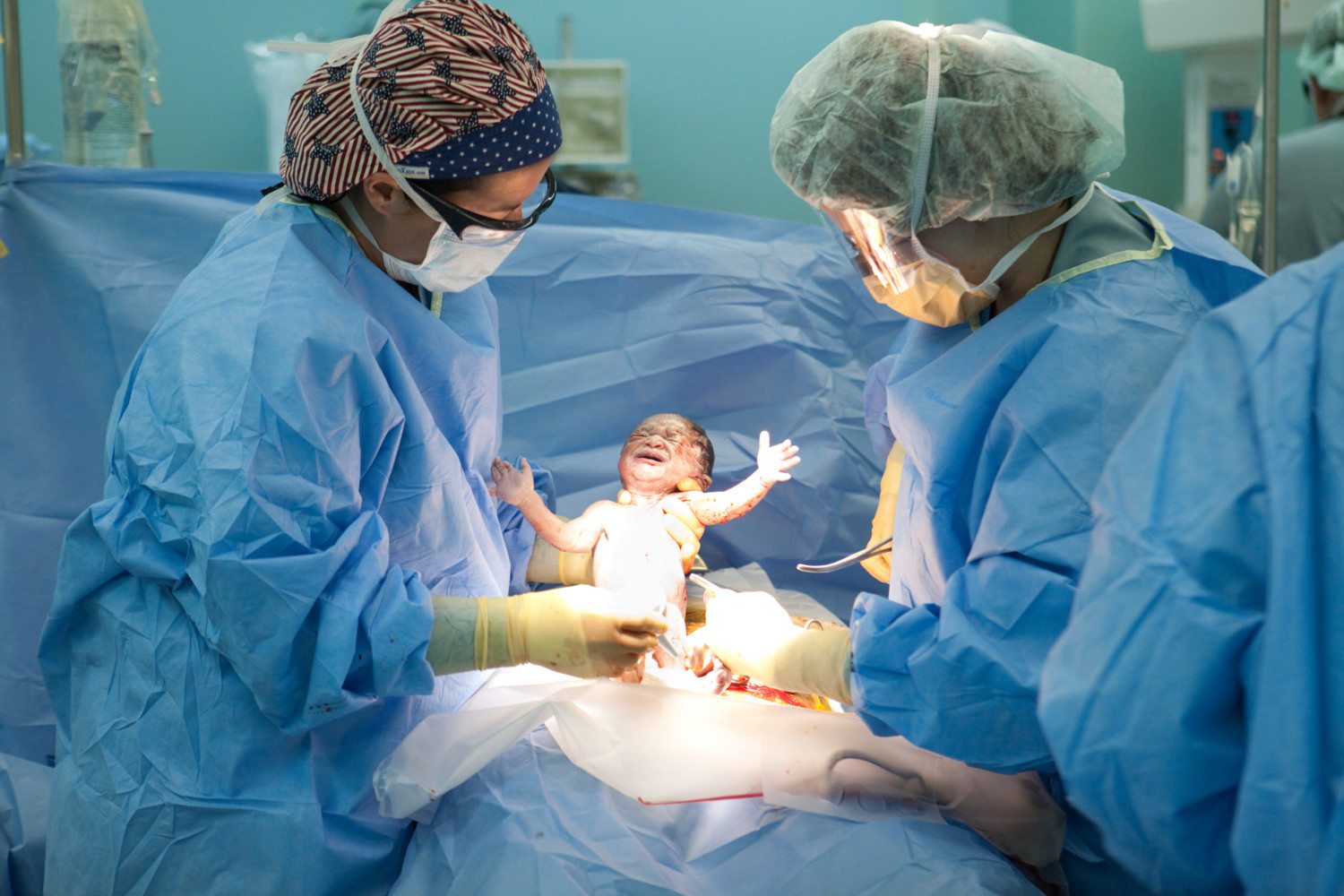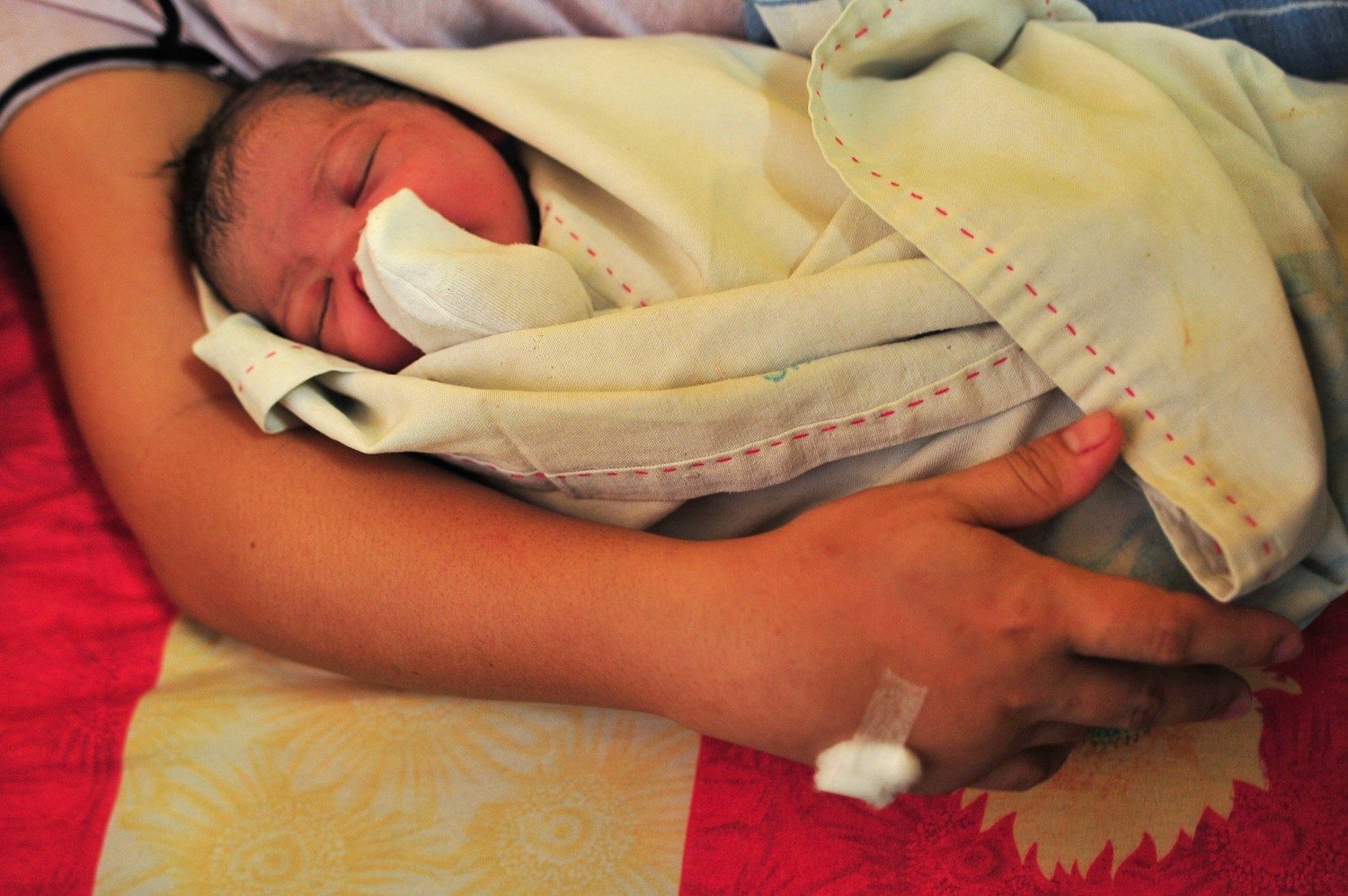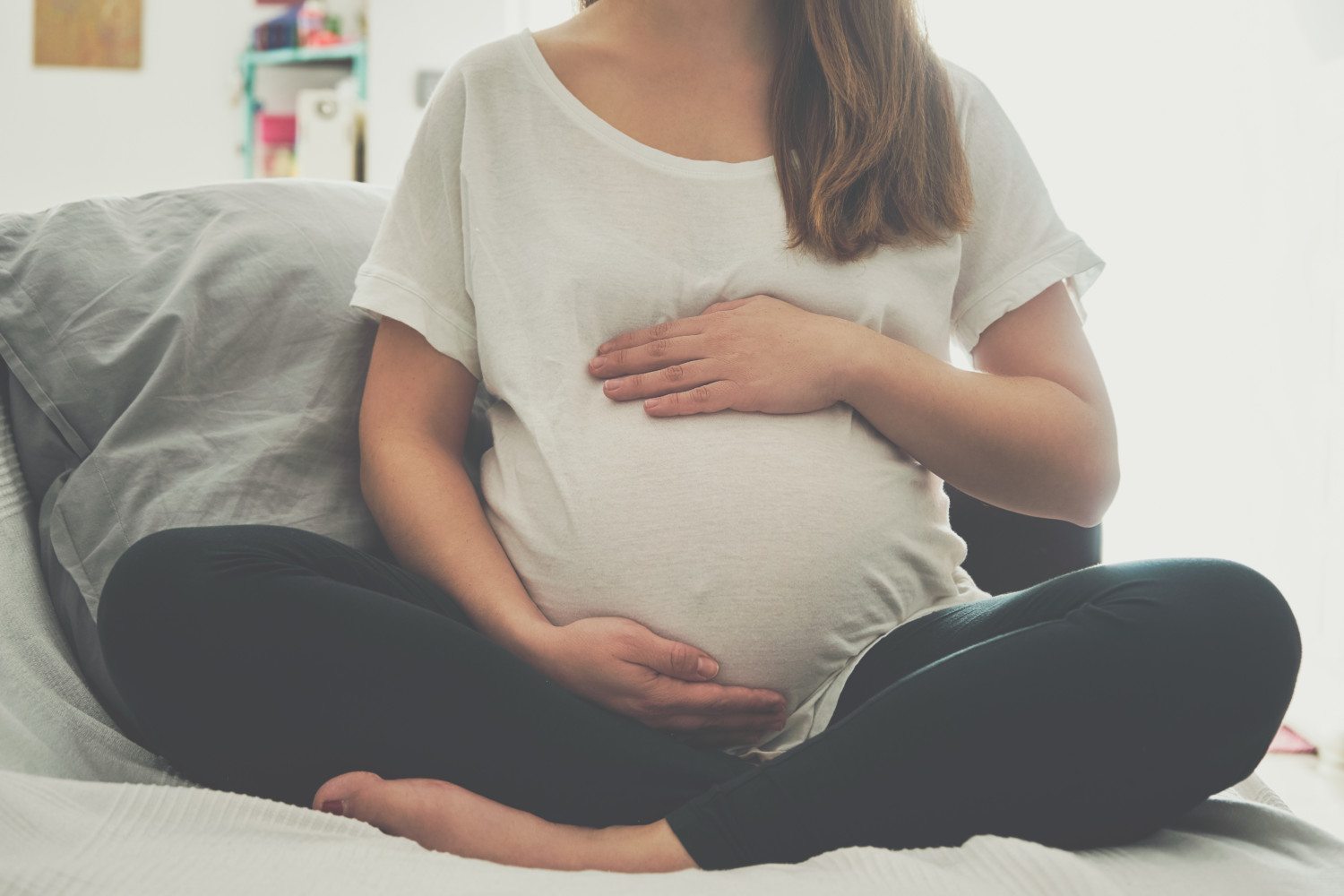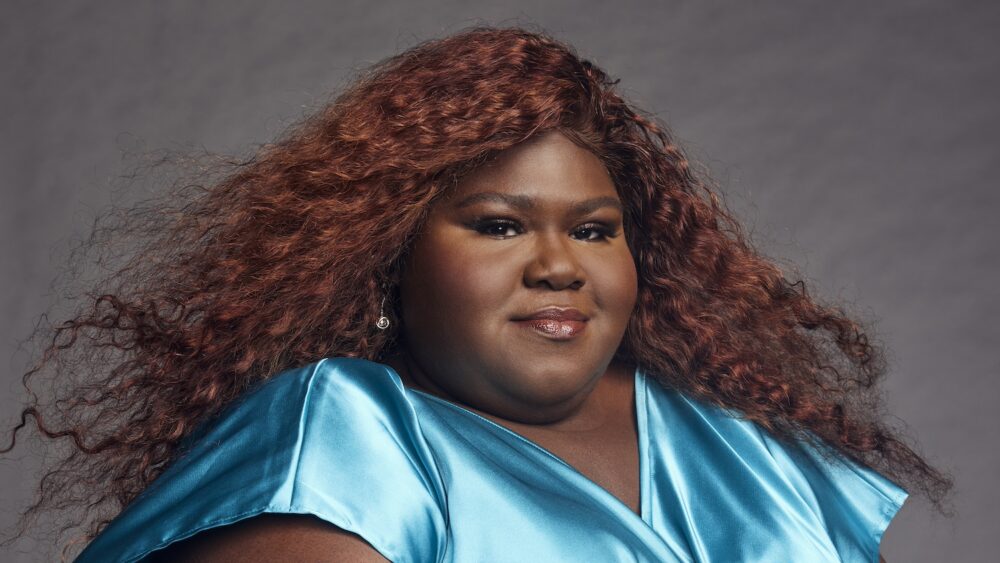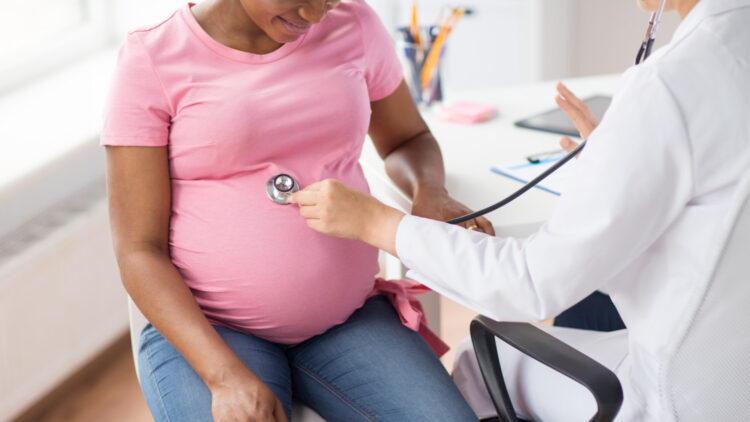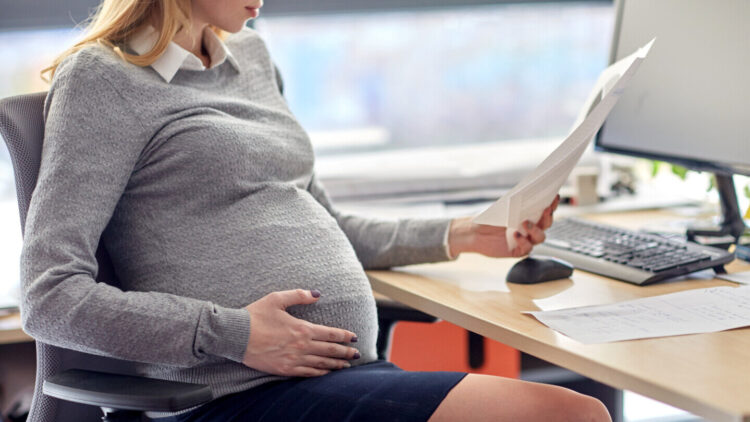Epidural needle found in woman’s spine 15 years after she gave birth

After suffering from debilitating pack pain for more than a decade, Amy Bright finally discovered the source of her anguish, and it was pretty shocking.
After going for a CT scan in September 2017, Bright learned that a broken needle from an epidural she’d had when delivering her youngest son, in 2003, was lodged in her spine.
Understandably, Bright was horrified to learn that the needle had been left in her body for more than 14 years and been the source of her chronic pain.
“It feels like fire, like a poker next to my tailbone,” Bright told First Coast News. “And then on occasion, it shoots down the left side of my leg on my calf, like my calf side, and then down and into my foot.”
Woman Files Malpractice Suit Against Hospital
According to First Coast News, Bright has now filed a claim against Naval Hospital Jacksonville—where she gave birth to her first son—claiming medical malpractice, negligent concealment and fraud by the staff there. Her lawyer, Sean Cronin, may also file a lawsuit in the coming months.
They claim that a large part of the epidural needle broke off and became trapped in her spine when the shot was administered during her cesarean section. They claim the hospital’s staff knew the needle was there but did nothing to remove it and didn’t tell Bright about it.
“This is something that was not disclosed,” Cronin told People magazine. “These needles are about 9 or 10 centimeters and they have a tip on the end that the provider is supposed to inspect to make sure they have the whole needle. They knew this was in her, according to our experts, because so much of the needle was missing. And the safety tip is still in her back.”
Removing the needle now could be extremely risky, leaving Bright angry and unsure about her future.
“It has gotten to the point where it just burns constantly. I’m very scared of my future. [My leg] is getting weaker,” Bright told People magazine. “I’m probably going to be in a wheelchair. It’s scary because I don’t know.”
RELATED: Forget Terrible Twos: Welcome To The Nightmare That Is Raising A 3-Year-Old
Majority Of Women Have An Epidural
Bright’s ordeal is troubling, as health professionals estimate that about 66 percent of women giving birth at hospitals use epidural anesthesia. Although they are used routinely, an epidural does come with some substantial risks, including a sudden drop in blood pressure, severe headaches and permanent nerve damage, a risk the American Pregnancy Association characterizes as “rare.”
Unfortunately, women’s complaints of severe pain and other problems after giving birth are often dismissed until it’s too late. In fact, the United States has the worst rate of maternal deaths in the developed world.
Women who have experienced complications following birth say it’s extremely important to advocate for yourself, and to insist upon answers if you feel something is not right.
“Understand that severe, sustained pain is not normal,” mom Dani Leiman told NPR in 2017. “It was my first pregnancy, I have a generally high threshold for pain, and my son was breech so I thought his head was causing bad pain under my ribs.”
RELATED: Study Says Moms Are More Stressed While Dads Have More Fun
Surprise Diagnosis Of Rare Pregnancy Complication
It turned out Leiman was suffering from HELLP Syndrome, a rare but serious pregnancy complication that affects red blood cells, liver enzymes and platelet counts. According to the March of Dimes, HELLP affects about one to two of every 1,000 pregnancies, but affects two in 10 of all pregnant women who have preeclampsia or eclampsia.
“I kept thinking it was normal to be in pain, and I let it go until it was almost too late,” Leiman said.
According to First Coast News, the federal government—which is in charge of Naval Hospital Jacksonville—has six months to respond to Bright’s claim with a settlement offer, or they risk facing a lawsuit.
Hopefully stories like Bright’s will encourage other women to be more vocal about the concerns they have during pregnancy and in the months after giving birth.



